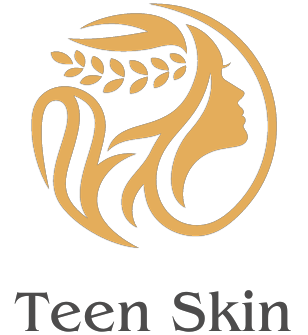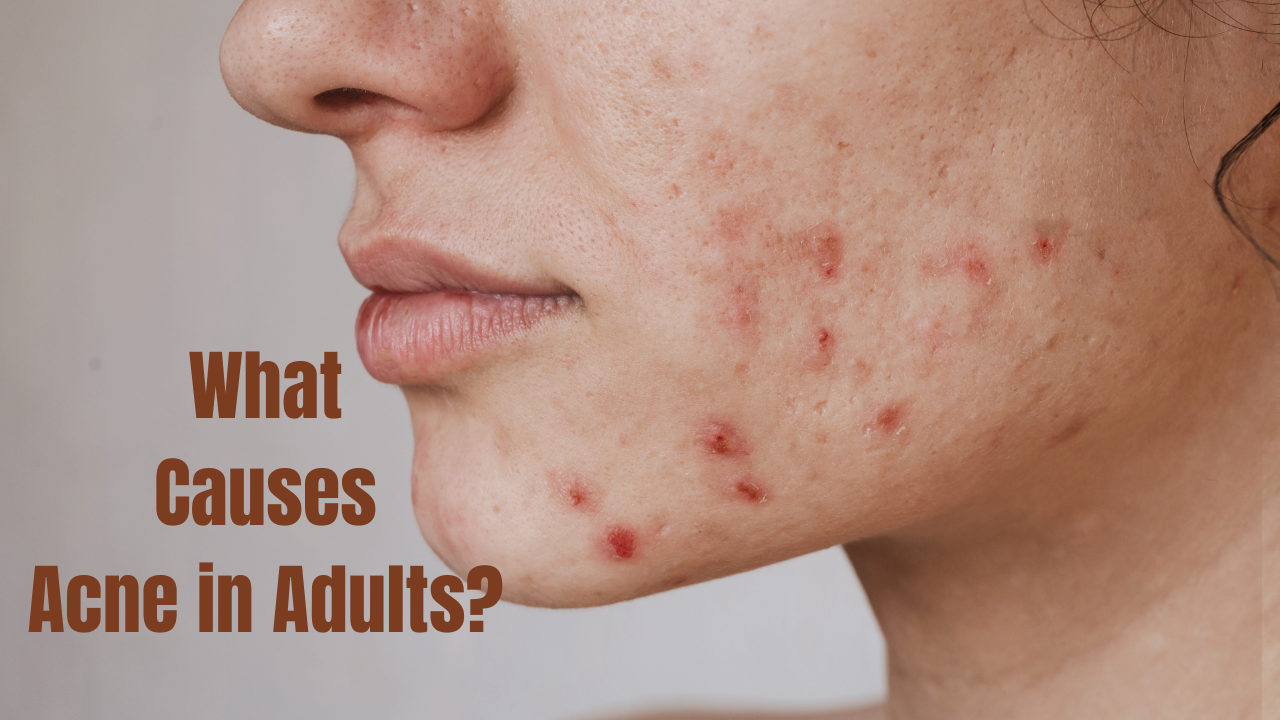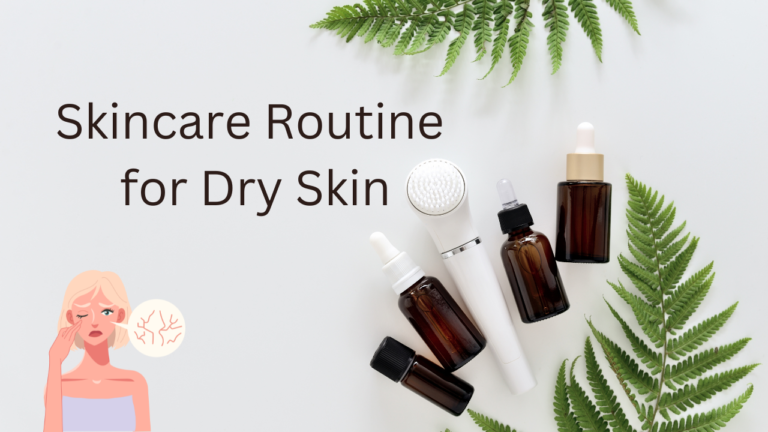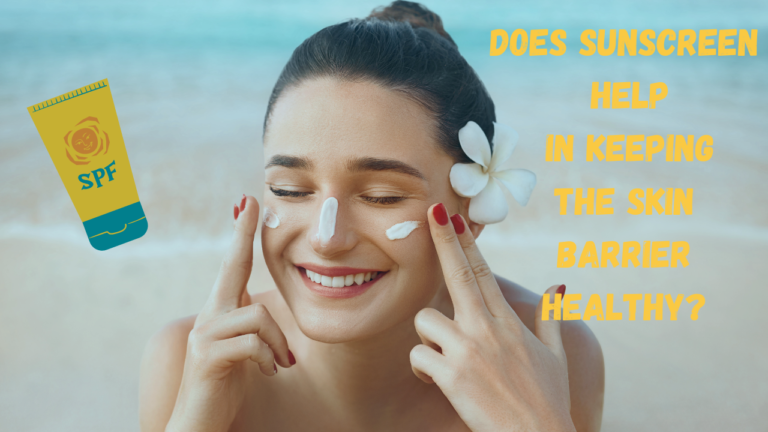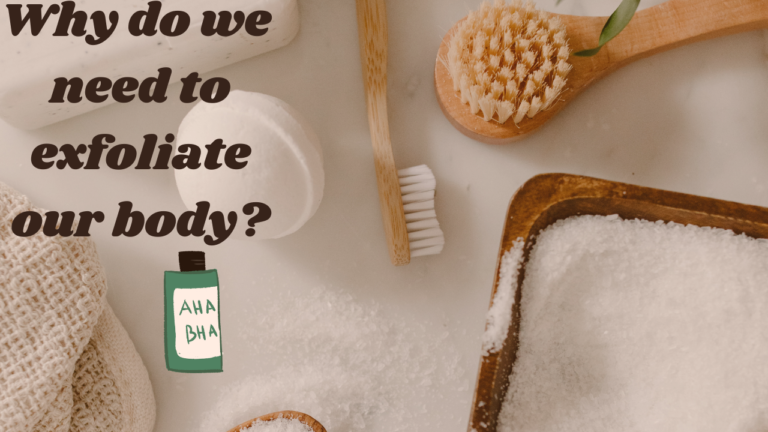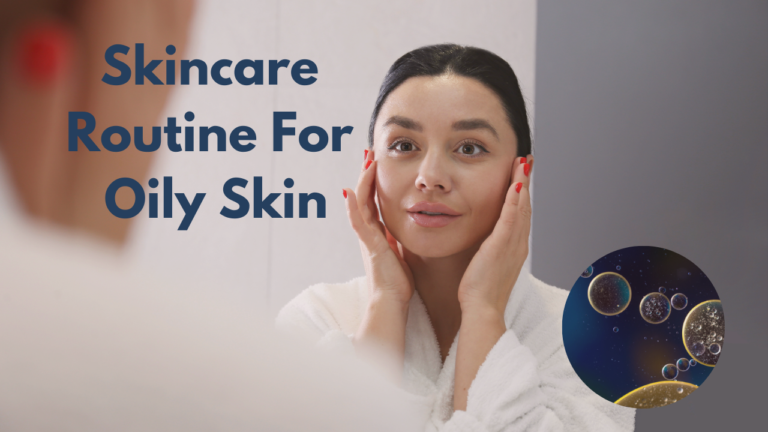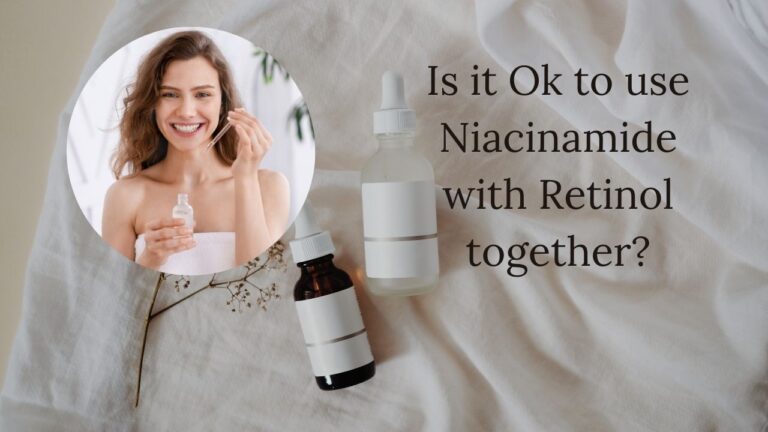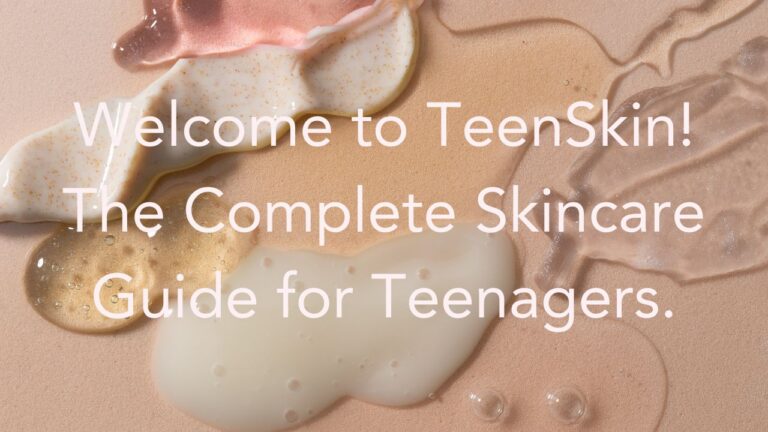What Causes Acne in Adults?
Adult acne is the unwelcome visitor that shows up uninvited, long after you thought you’d said goodbye to your pimple-prone teenage years. But the actuality is, that acne doesn’t discriminate by age. Research has shown that up to 50% of women and 25% of men will, at some point in their lives, experience adult acne. So, what’s behind this mysterious reappearance of breakouts? Is it stress, hormones, diet, or something else entirely? In this post, we’ll discuss the complex causes of adult acne and explore the factors that could be contributing to your grown-up skin struggles.
So, what causes acne in adults?
Adult acne, or post-adolescent acne, can persist well into adulthood. The causes of adult acne vary, but common triggers include excess oil production, clogged pores, bacteria, inflammation, and indirect factors such as hormonal fluctuations, stress, and dietary influences. Additionally, certain medications, hair and skin care products, and underlying systemic conditions like polycystic ovarian syndrome or other endocrine disorders can also contribute to adult acne. If you’re experiencing acne as an adult, it’s likely due to one or more of these factors.
Direct causes of acne:-
- Excess oil production: The skin’s oil glands can become overactive, leading to an increase in sebum production, which can clog pores and lead to acne.
- Clogged pores: Dead skin cells and other debris can combine with excess oil to block pores, creating an ideal environment for bacterial growth and acne.
- Bacteria: A type of bacteria called Propionibacterium acnes (P. acnes) is naturally found on the skin and can contribute to the development of acne.
- Inflammation: Redness and swelling can occur when the skin’s natural defense system responds to blocked pores and bacterial growth, leading to acne lesions.
- Hormonal fluctuations: Changes in hormone levels, such as those experienced during menopause, pregnancy, or polycystic ovary syndrome (PCOS), can lead to increased oil production and acne.
- Genetics: Individuals with a family history of acne may be more prone to developing adult acne due to genetic predisposition.
- Medications: Certain medications, such as corticosteroids, anabolic steroids, and certain antidepressants, can cause acne as a side effect.
- Diet: Consuming foods high in sugar, dairy, and refined carbohydrates can lead to inflammation and increase the risk of acne.
- Stress: High stress levels can increase the production of hormones like cortisol, which can contribute to acne.
These direct causes can interact with individual factors, such as skincare routine, lifestyle, and overall health, to contribute to adult acne.
Indirect causes of acne:-
- Hormonal imbalances: Imbalances in hormones like androgens, estrogen, and progesterone can lead to increased oil production, inflammation, and acne.
- Stress: Chronic stress can increase the production of hormones like cortisol, which can contribute to acne.
- Poor skincare routine: Using the wrong products, exfoliating too little or too much, and not removing makeup properly can clog pores and lead to acne.
- Hair and scalp issues: Conditions like dandruff, eczema, and psoriasis can increase the risk of acne.
- Medication side effects: Certain medications, such as blood pressure drugs, anticonvulsants, and chemotherapy drugs, can cause acne as a side effect.
- Dietary factors: Consuming foods high in processed meat, dairy, and refined sugars can lead to inflammation and increase the risk of acne.
- Environmental factors: Exposure to pollution, humidity, and certain chemicals can contribute to acne.
- Gut health: An imbalance of gut bacteria, also known as dysbiosis, can lead to inflammation and increase the risk of acne.
- Sleep deprivation: Lack of sleep can increase stress hormones, leading to inflammation and acne.
- Smoking: Smoking can reduce blood flow, increase inflammation, and lead to acne.
- Makeup and cosmetics: Using heavy or comedogenic products can clog pores and lead to acne.
- Tight clothing: Wearing tight clothing can cause friction, leading to acne.
These indirect causes can interact with individual factors, such as genetics, skin type, and lifestyle, to contribute to adult acne.
Treatments and Solutions
Topical Treatments:
- Benzoyl peroxide: Kills bacteria, reduces inflammation
- Salicylic acid: Exfoliates, unclogs pores
- Retinoids: Derivatives of vitamin A, prevent clogging, reduce inflammation
- Antibiotic creams: Erythromycin, and clindamycin, reduce bacteria, and inflammation
- Azelaic acid: Antibacterial, anti-inflammatory
Oral Treatments:
- Antibiotics: Doxycycline, and minocycline, reduce bacteria, inflammation
- Hormonal treatments: Spironolactone, birth control pills, regulated hormones
- Retinoids: Isotretinoin, acitretin, prevents clogging, reduces inflammation
- Anti-inflammatory drugs: Dapsone, and sulfasalazine, reduce inflammation
Lifestyle Changes:
- Skincare routine: Cleanse, tone, moisturize, exfoliate regularly
- Diet: Eat a balanced diet, and avoid trigger foods (dairy, sugar, processed)
- Exercise: Regular physical activity, reduces stress
- Stress management: Meditation, and yoga, reduce stress hormones
- Sleep: Aim for 7-8 hours, reduces stress hormones
Professional Treatments:
- Blue light therapy: Kills bacteria, reduces inflammation
- Extractions: Manual removal of blackheads, whiteheads
- Chemical peels: Exfoliates, unclogs pores
- Microdermabrasion: Exfoliates, and improves skin texture
- Laser therapy: Reduces inflammation, scarring

Natural Remedies:
- Tea tree oil: Antibacterial, anti-inflammatory
- Aloe vera: Soothes, reduces inflammation
- Green tea: Antioxidant, reduces inflammation
- Turmeric: Anti-inflammatory
- Probiotics: Supports gut health, reduces inflammation
Remember, everyone’s skin is different, so it may take some trial and error to find the right combination of treatments that work for your adult acne. It’s always best to consult with a dermatologist for personalized advice!
In conclusion, adult acne is a common and complex skin condition that affects millions of adults worldwide. While it can be frustrating and challenging to manage, understanding the direct and indirect causes, treatments, and solutions can help individuals take control of their skin health. By recognizing the role of hormones, stress, diet, and other factors, adults can make informed lifestyle choices and seek effective treatments to alleviate their acne. Whether through topical treatments, oral medications, lifestyle changes, or professional interventions, there are many paths to achieving clearer, healthier skin. By staying informed and seeking support, adults can overcome the physical and emotional impacts of acne and regain their confidence and well-being.
